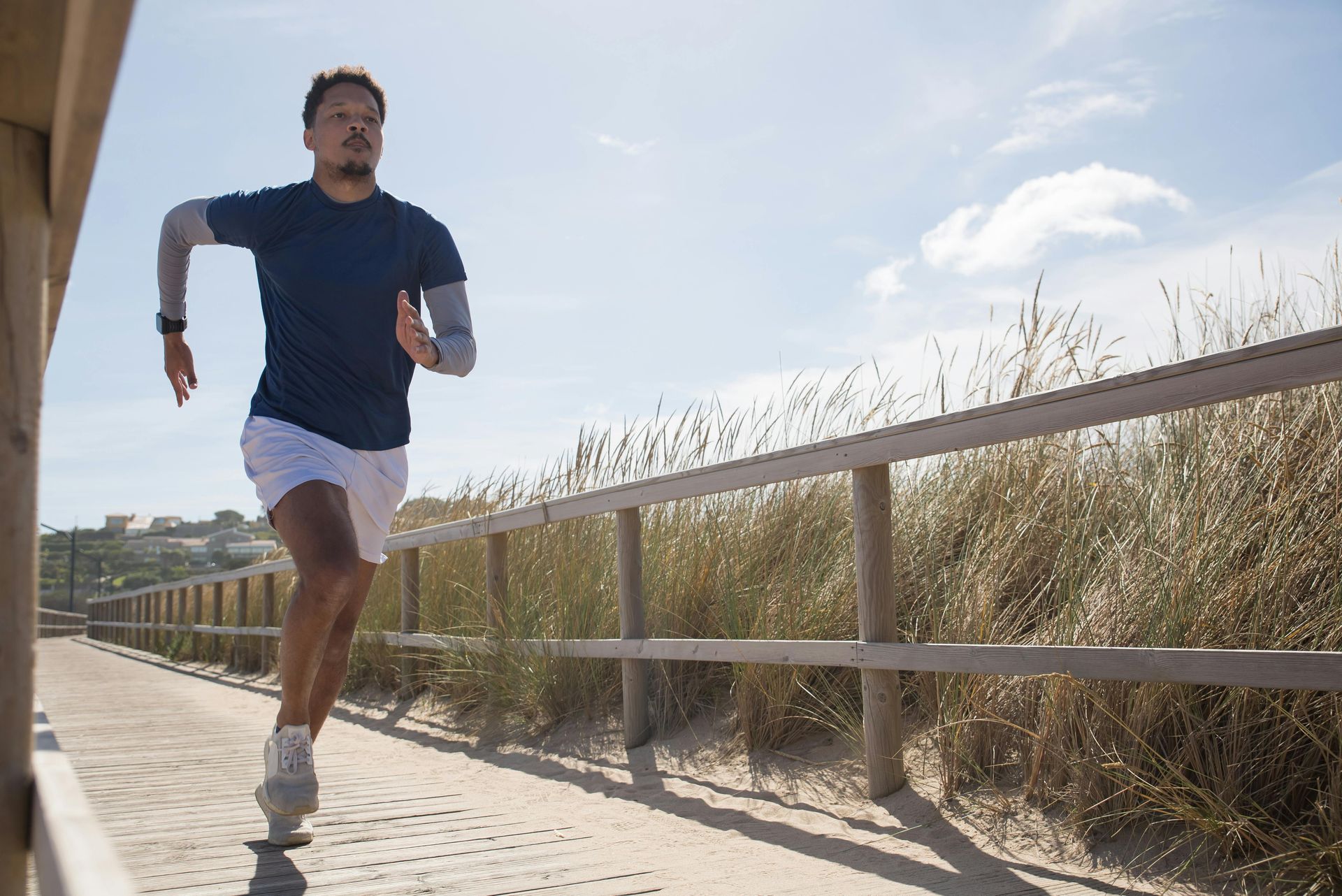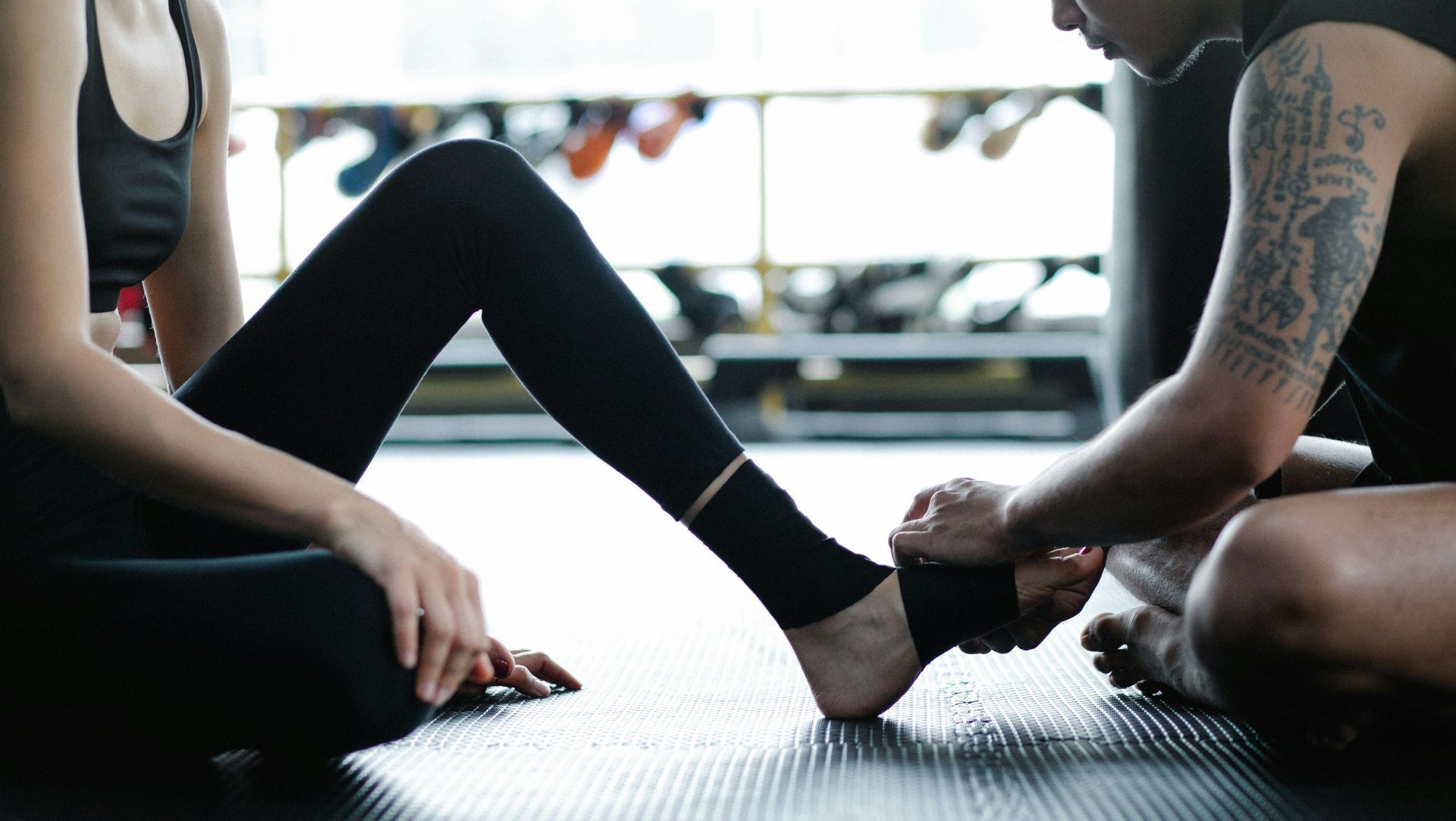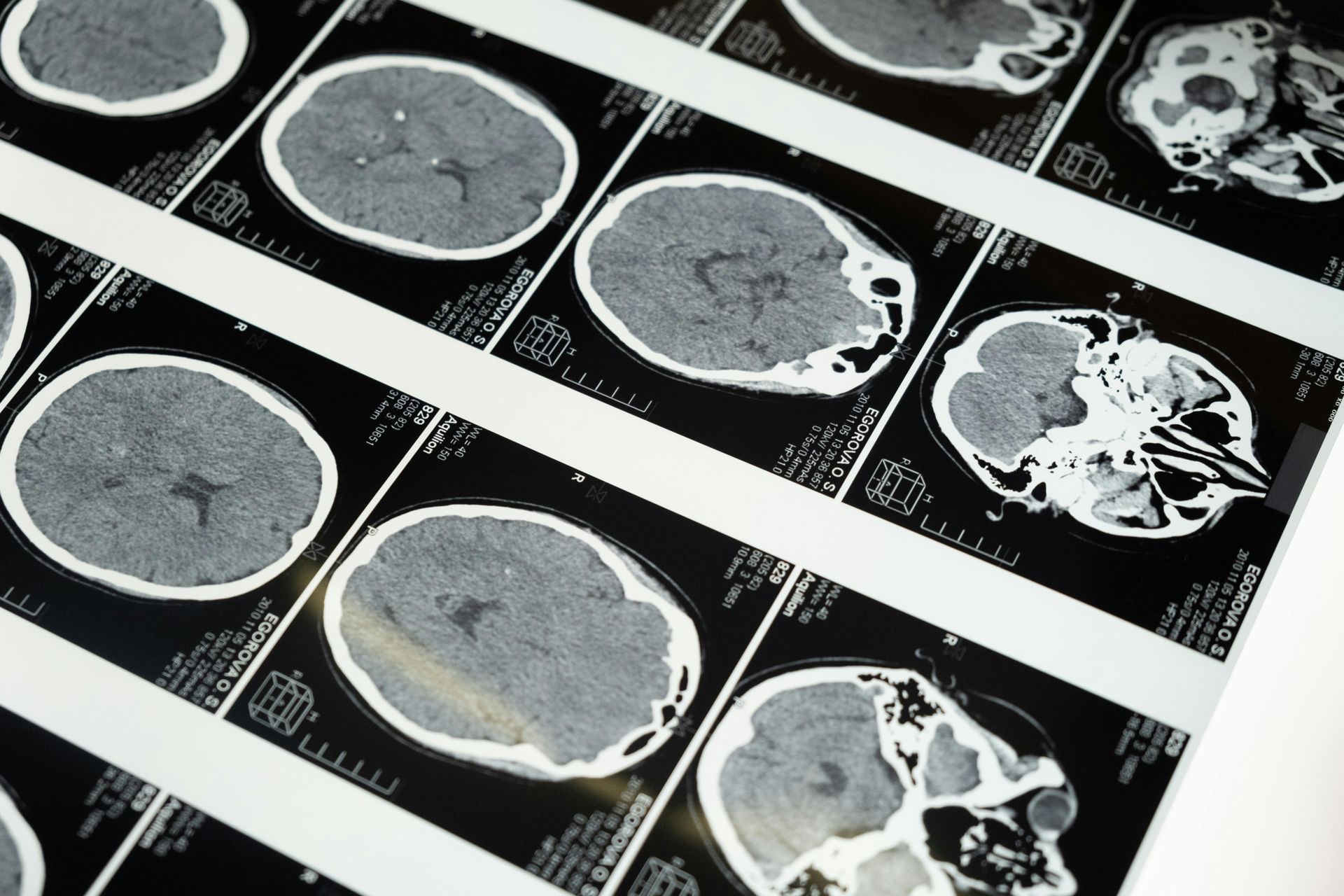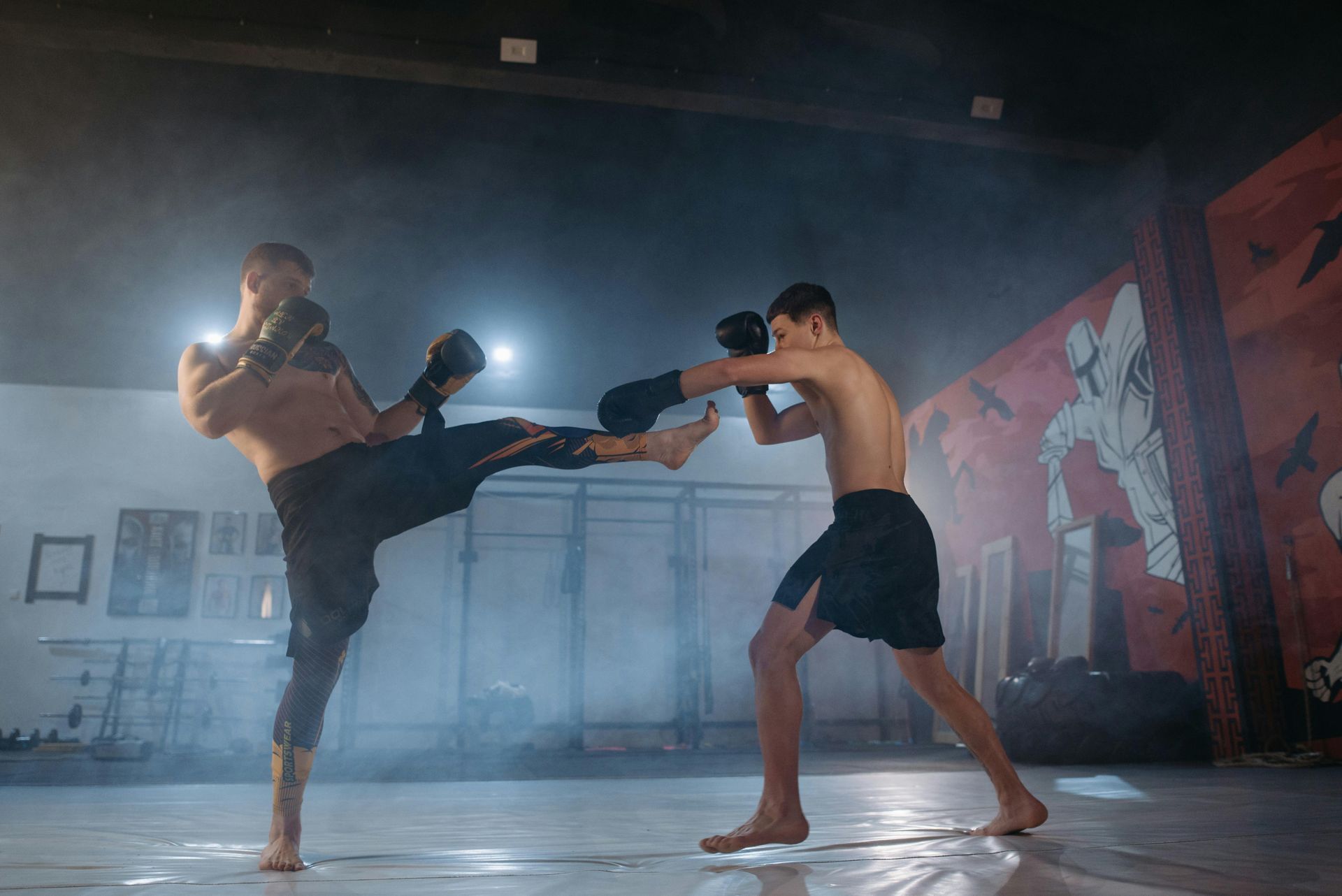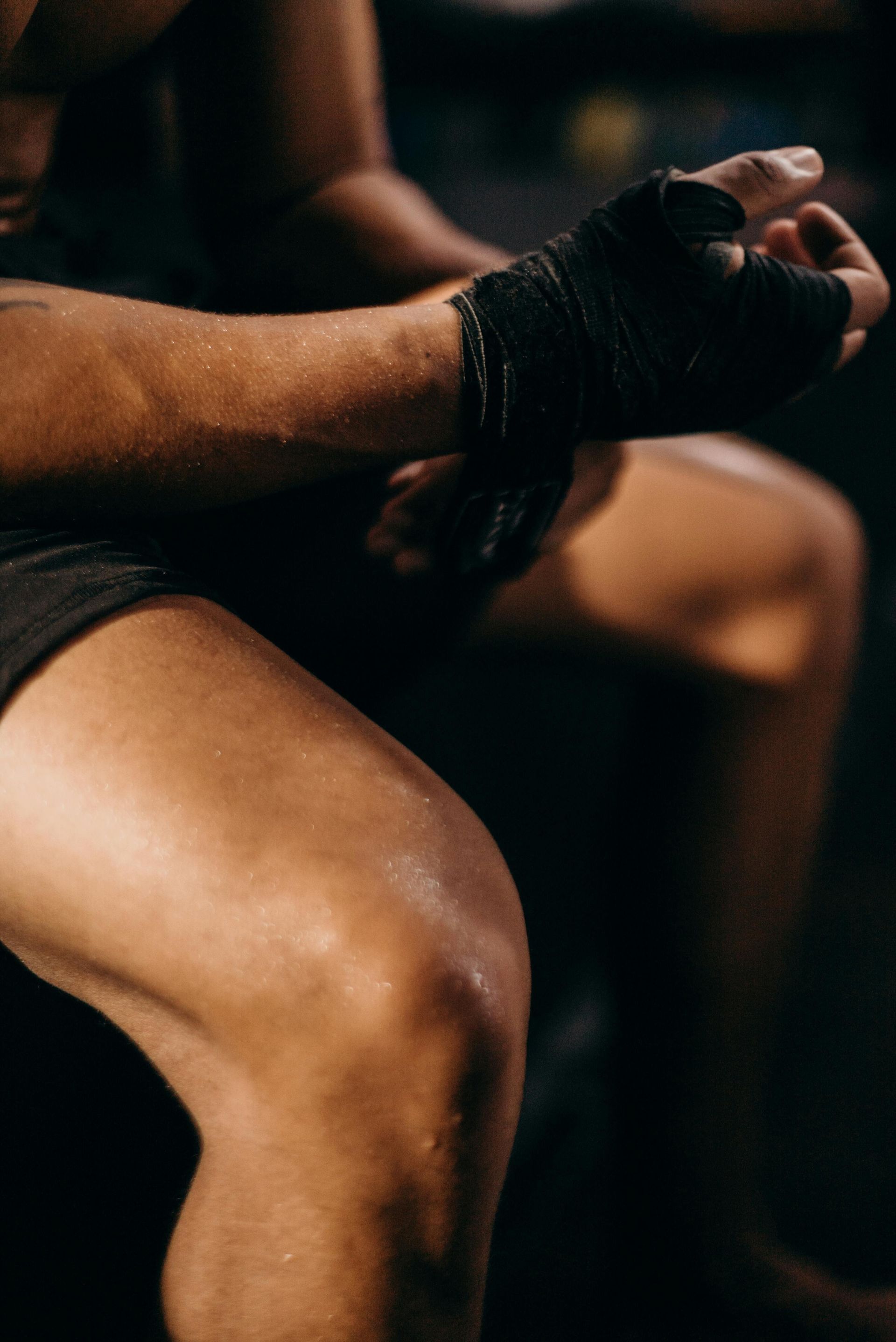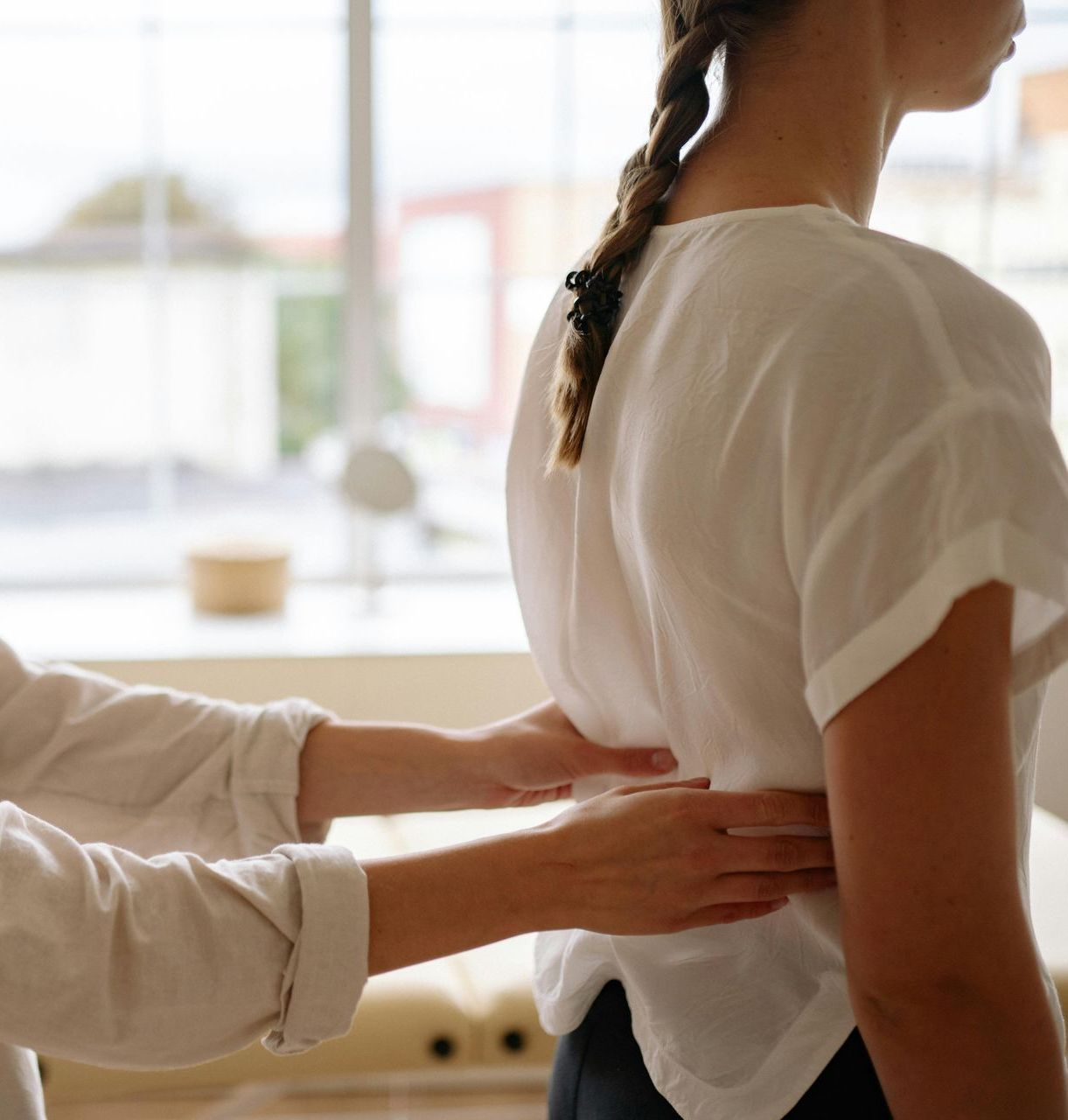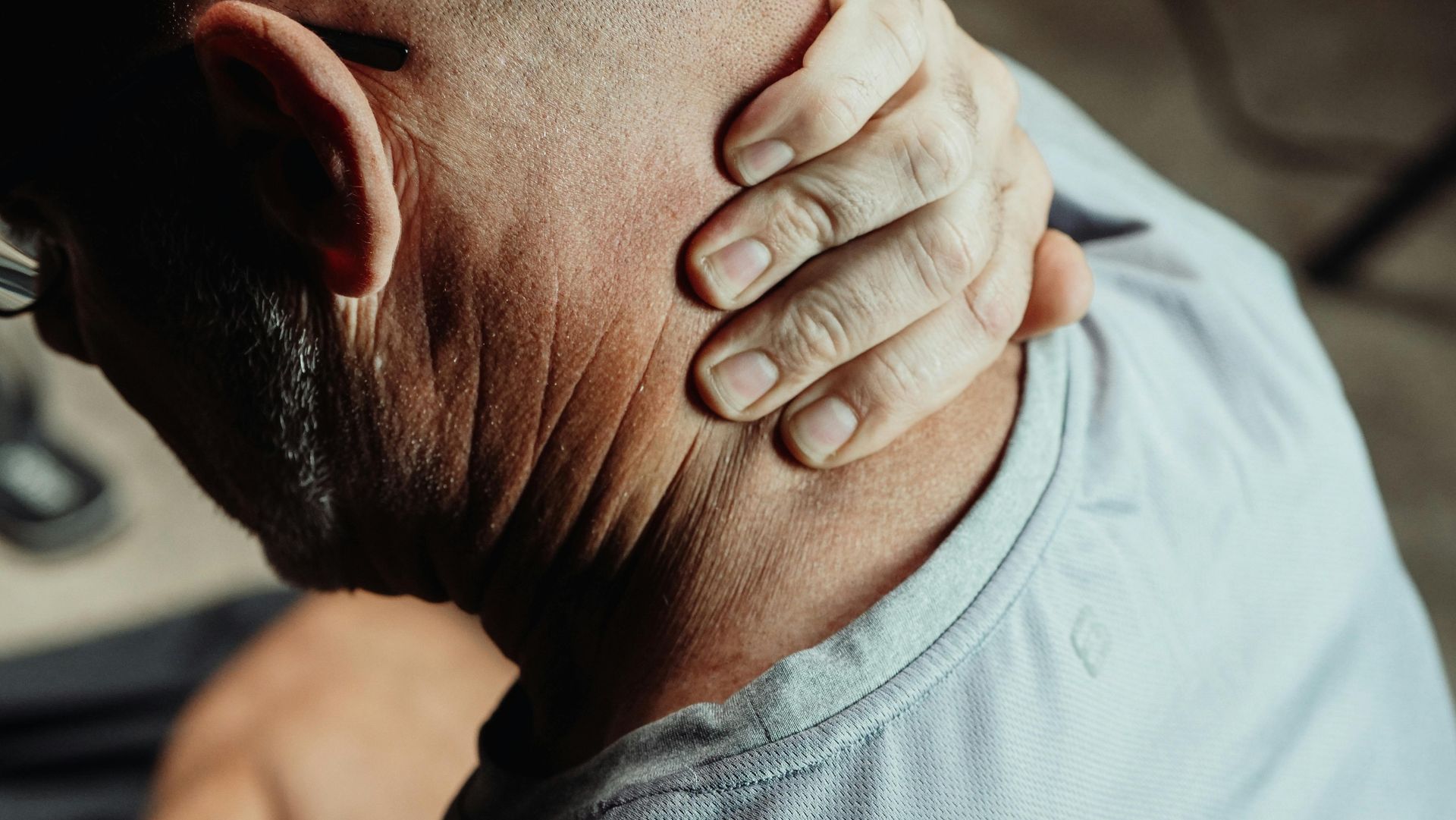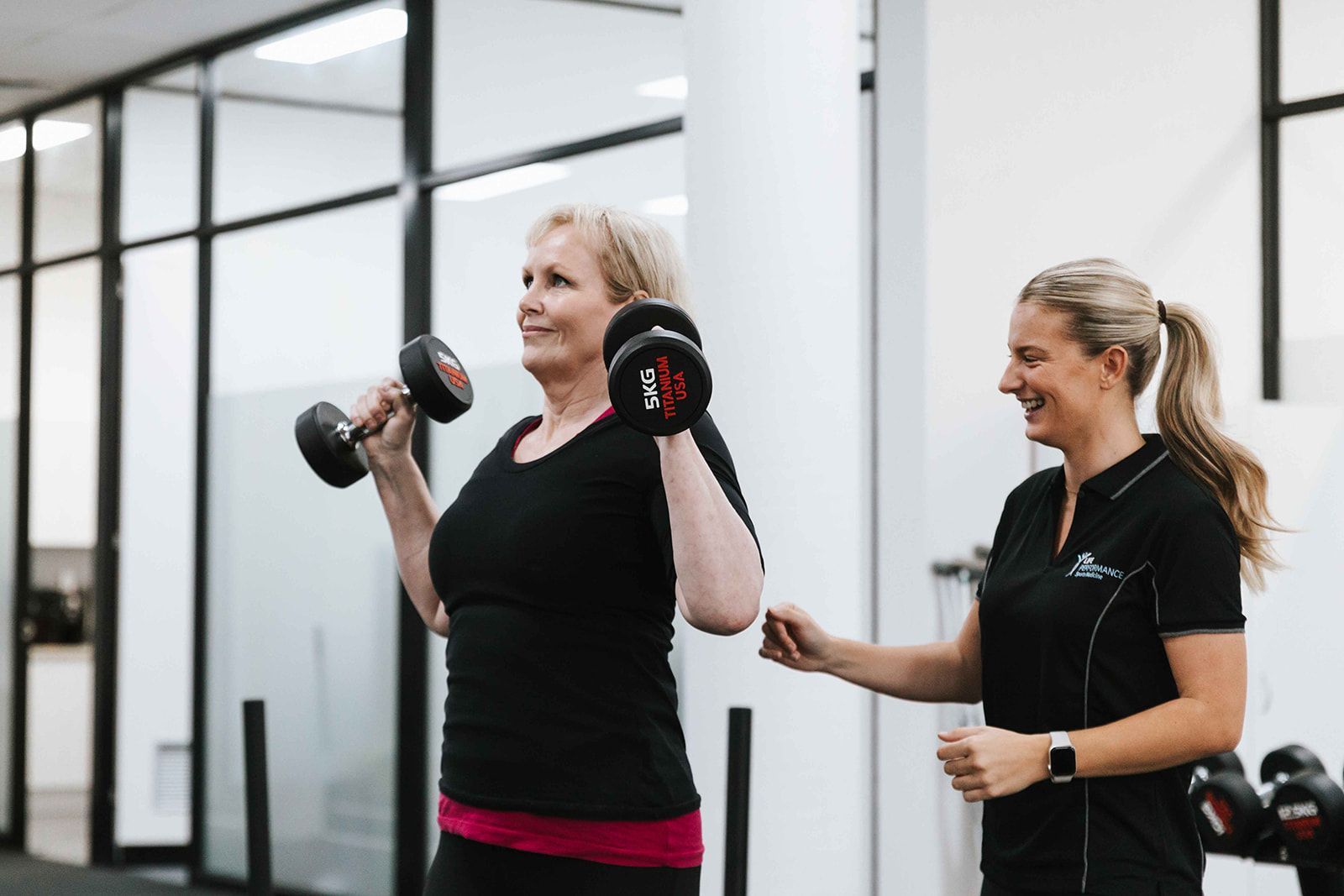Achilles tendon pain - Achilles Tendinitis
Physiotherapy & Management
The otherwise robust Greek mythological warrior 'Achilles', had one vulnerability - That was his Achilles heel!
Fast forward 2000 years and not much has changed!
We haven't been able to shake the pesky Achilles tendon pain!
And
Although it is the thickest tendon in the human body, doesn't make it bulletproof!
The Achilles tendon has a unique function - It’s required for locomotion - which means that it doesn’t just affect runners & athletes– It can affect something as simple as walking!
How many steps have you taken in your life when you reach your 40s, 50s, 60s?
During these years, the Achilles tendon is prone to undergoing changes in material properties and structure that may lead to
pain – likely due to the sheer workload that it has had to undergo across the lifespan.
What has happened over time, is we have developed our knowledge around what and why this tendon causes issues for so many people.
What we commonly refer to as Achilles tendinitis, we now understand that it is not predominantly inflammatory in nature, hence we lose the suffix ‘itis’ and replace with ‘Pathy’
Achilles Tendinopathy
Although this may seem semantics, the change in terminology & mindset has allowed us to investigate
effective ways of managing this debilitating disorder.
So what should you do if you have Achilles tendon pain?
Physiotherapy management is the first line of defence!
Achilles tendons respond to ‘Active treatment’ - Exercising, loading, strengthening ……..
And minimally to ‘passive’ treatments - getting injections, taking tablets……..
Some strategies that we use to help your Achilles tendon pain:
1. Modify loads – In the acute stages of an Achilles tendon injury, its pivotal to get an
assessment. If you leave acute Achilles pain for greater than 4 weeks, you run the risk of
developing a long term tendinopathy that can take several months or YEARS to fix!
2. Avoid complete rest – Most people get pain in their Achilles and think they should take
complete rest and it will get better. Tendons HATE complete rest. You might feel better
during a short period of rest, but as you start to increase your workloads again, pain
commonly comes back. There are some activities that need to be avoided when pain is
acute, however there will be a level of load and exercise that the tendons must continue –
It’s your physio’s job to determine the right program for your stage of Achilles tendinopathy.
3. Strength – Calf weakness can be a common deficit that we see in people with Achilles
tendon pain. A physiotherapist led strength program is a great way to counteract this and
ensure that your Achilles tendon stays in good health!
4. Tendons like high force - Strong evidence supports the use of heavy resistance loads in
improving a tendon material properties, while some forms of heavy load exercise like
isometric holds may offer a pain relieving effect.
5. Avoid compression – If your Achilles problem is low down toward the heel bone, then it will
be sensitive to stretching, like when you stretch your calf and take your knee over your toes.
Putting some wedges in your heel, or wearing footwear with a raised heel, can be effective
at offloading the tendon in the acute stages.
6. Get a plan & stick to it – Your physiotherapist will create a management calendar that will
work through key functional milestones. The aim here is to apply slow and gradual
increments in loading. You might work through body weight exercises, then loaded exercises,
heavy strength to faster loading and finally ‘spring’ type activities.
7. Injections have little effect – There is little evidence to support the use of injections in the
treatment of Achilles tendon pain. So consider that as a last resort!
We can also get some good effect from hands on treatment such as massage/release work,
dry needling and ankle mobilisation.
Unfortunately these ‘Passive’ techniques tend to not be
long lasting.
&
Avoid Stretching!
Stretching serves no purpose in getting a tendon back to full pain free function.
Likewise, orthotics…….
There is no evidence that these will help Achilles tendon pain.
Well there you have it!
A crash course In Achilles management!
While this serves as a general framework for Achilles management, every individual has their own story.
Your Errol Street physiotherapist or podiatrist will help you piece together main driving forces behind your Achilles pain.
And while the Mythical God Achilles was an amazing warrior, he succumbed to his weakest
link.
Don’t let yourself go in the same direction!
